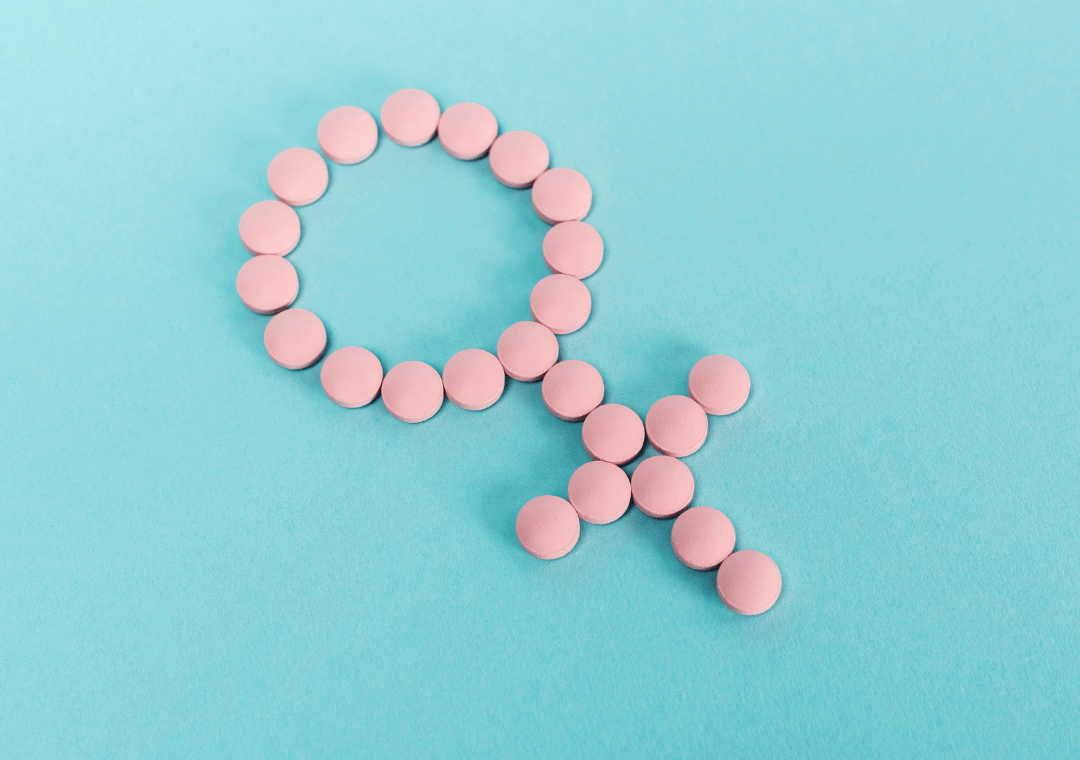Hormones. The word itself sounds a little scary and confusing. You know you have them, but you’re not sure what exactly they do. That’s what we are here to share with you in this post!
Hormones play a crucial role in fertility and fertility treatments. Abnormalities in certain hormone levels may contribute to irregular periods or difficulties conceiving. Hormone levels are usually assessed with blood tests, and you can speak with your provider about monitoring your levels.
There are several important hormones that regulate the menstrual cycle and ovulation. Here they are:
Follicle Stimulating Hormone (FSH):
Released by the pituitary gland, this hormone is necessary for egg development and the production of estrogen in women. A high level of FSH may indicate low ovarian reserve (number of eggs in the ovary). This hormone is given as an injectable medication during many fertility treatments.
Estradiol:
This is the predominant form of estrogen released by the follicles (fluid-filled sacs that contain eggs) in the ovary. As follicles grow in the ovary each month, they produce estradiol. Women undergoing fertility treatments usually have high estradiol levels due to medications used to stimulate follicular growth.
Progesterone:
This hormone is secreted during the second half of the menstrual cycle following ovulation to prepare the uterus for implantation of an embryo. Progesterone is prescribed during.
Luteinizing Hormone (LH):
LH is the hormone responsible for triggering ovulation during the menstrual cycle and stimulates the corpus luteum (essential for establishing and maintaining pregnancy) to secrete progesterone.
Anti-Mullerian Hormone (AMH):
AMH is a hormone released by the granulosa cells of ovarian follicles and blood levels are thought to reflect ovarian reserve. Women with higher levels of AMH often have better response to ovarian stimulation for fertility treatments such as in-vitro fertilization.
Thyroid Stimulating Hormone (TSH):
TSH is often checked to assess the function of the thyroid, a gland responsible for metabolism regulation. Normal function of the thyroid is needed to optimize successful conception and maintenance of pregnancy. Women with hypothyroidism (underactive thyroid) have elevated levels of TSH. This hormone is frequently checked in women with infertility or recurrent pregnancy loss.
Prolactin (PRL):
High levels of PRL may lead to irregular periods and lack of ovulation, which may interfere with the ability to get pregnant. High levels of prolactin may be caused by hypothyroidism, medications, breast stimulation, or tumors of the pituitary gland. High levels of prolactin can be treated with medications in order to regulate periods and ovulation.
Human Chorionic Gonadotropin (HCG):
HCG is produced by the placenta after implantation of an embryo and is the hormone detected by either urine or blood pregnancy tests. It supports pregnancies by allowing for production of progesterone. In fertility treatments, HCG is used to trigger release of the egg during ovulation.
There you have it! A quick fact sheet on your hormones and their role in the reproductive system.
______________________________________________________
Written by Dr. Jessica Chan. Dr. Chan is a board certified OBGYN and Reproductive Endocrinologist. She works and lives in Beverly Hills, CA. She is a wife, mom and devoted to her patients and medical research in the field of OB and fertility. BINTO is lucky to have her as a scientific board advisor!

